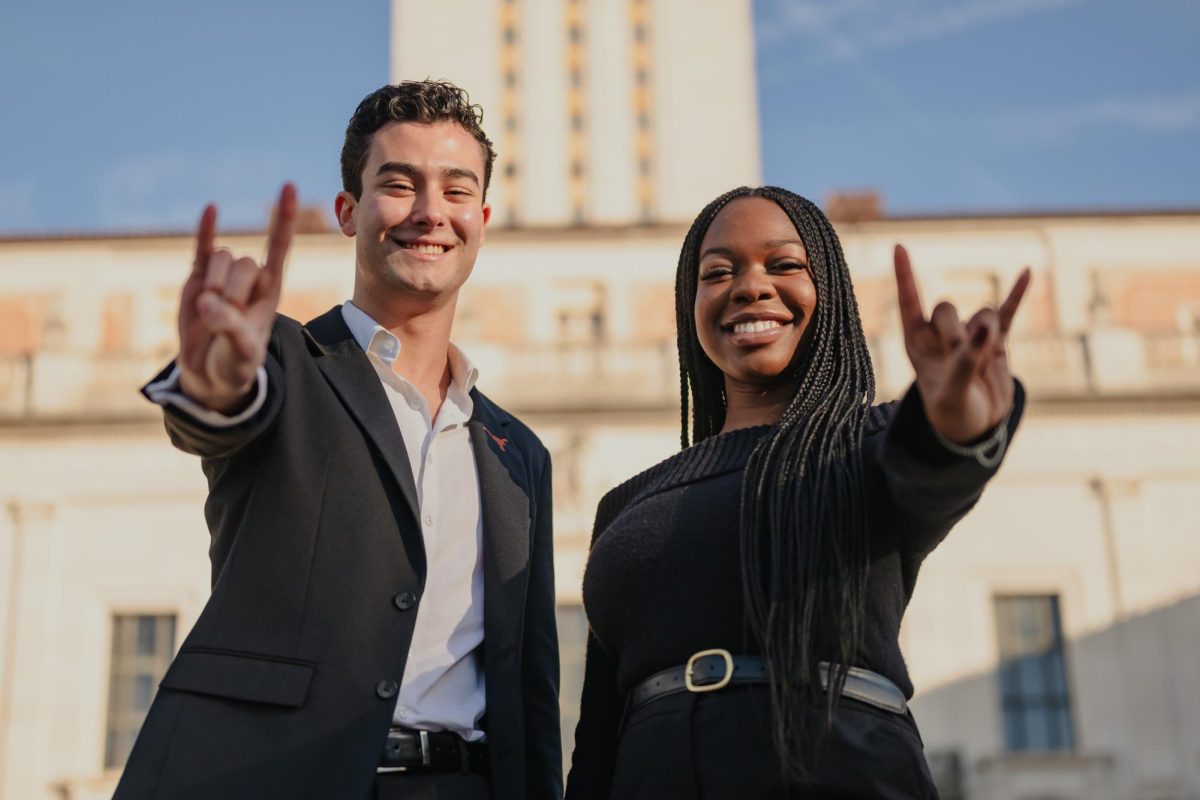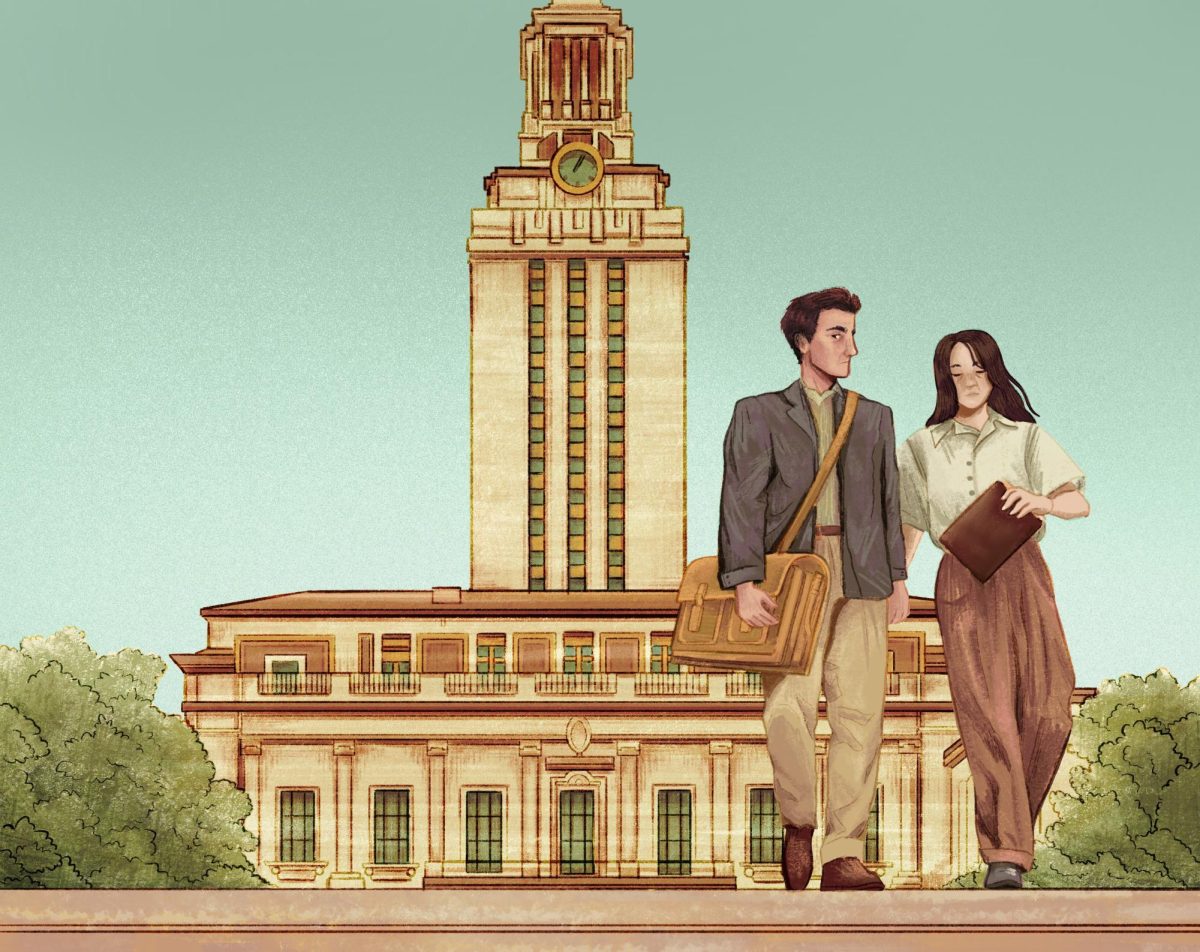This wasn’t the semester we were expecting.
There was the incredibly emotional town hall on sexual misconduct and sweeping reforms to sexual misconduct policy after years of student work. And then COVID-19 happened.
It’s hard to imagine the time before all of this — people, places, classes, parties. Now, we’re stuck inside our houses and apartments Zooming with our professors and friends and working dangerous essential jobs, trying to keep ourselves and our loved ones healthy.
Graduating students and those recently graduated are battling an economy that parallels the Great Depression. Those of us coming back next year still don’t know what campus — or our lives — will look like.
We’re stuck in limbo, suspended in time, unsure when things will be “normal” again, or what normal will even mean when this is over.
We must, however, remain informed and vigilant. It is more important now than ever to stand in solidarity with our communities, especially the most vulnerable in them.
This means acting to take care of ourselves and those around us. The Cabo 211’s selfish, destructive actions are an extreme version of recklessness — recklessness that almost certainly cost people their lives. Breaking social distancing now, especially as cases and deaths continue to rise, is just as reckless.
As officials are racing to reopen the state and the country, it is our responsibility to limit social interactions to the bare minimum. And while government leaders make decisions to save their stock portfolios, remember that those working on the front lines and worst-affected by COVID-19 are primarily low-income, women and people of color. We are all affected by this pandemic, but systemic racism and classism means that marginalized communities remain worse off.
However, this pandemic has shown us what a better normal could look like. Recorded lectures that improve accessibility to UT’s education, free online textbooks and resources and local mutual aid networks should not disappear when the pandemic ends. Universal health care, housing as a right, labor protections and a guaranteed basic income are just a short list of reforms more glaringly and desperately needed now than ever before.
In short, COVID-19 has laid bare many of the gravest flaws of the systems we inhabit, and with them the opportunity for a more equitable future.
As for us, the Texan isn’t going anywhere. We’ve been in print for 120 years, but until medical professionals tell us that the worst of this virus is behind us, we’ll be operating online as normal to bring you up-to-date, relevant information about campus, Austin and the UT System.
We don’t know when we’ll see you on campus again, but we hope it’s soon. As painful as it is, it’s time to face our new normal.
The editorial board is composed of associate editors Abhirupa Dasgupta, Hannah Lopez, Sanika Nayak, Abby Springs, and editor-in-chief Spencer Buckner





















